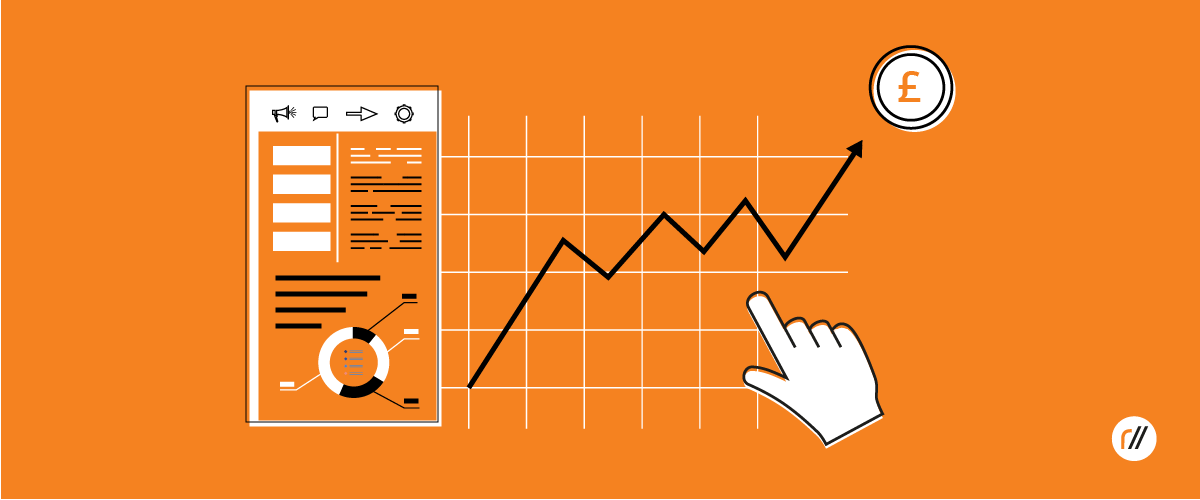There’s no doubt about it, COVID-19 has changed the marketing landscape. At the beginning of the year, none of us saw the impact Coronavirus would have on business.
The speed at which it hit meant that marketing directors and business owners have had to make decisions quickly based on gut feel and daily briefings delivered by the government.
Yet as companies plot their COVID recovery plan, every business leader must be ready to bounce back smarter and stronger and prepared to redefine their marketing strategy.
Rather than committing to a 12-month marketing plan on the proviso that it worked before so it’ll work again, businesses will look to minimise risk and achieve quick results. Marketing post COVID-19 will demand that brands and companies are agile in their approach and continually experiment with all strategies and tactics.
Understanding what your customers will value and acting on it will help you survive and put the foundations in place to help you flourish. Yet for some, understanding exactly what your customers want or need post COVID won’t happen overnight.
Given the amount of unknown’s post COVID, the speed of execution is going to be a lot more important than the perfect execution so understanding the temperature of your marketplace and how to add value to your customers is going to be vital.
That’s why it is important companies need to be prepared to learn quickly and, in many cases, fail fast in order to discover what works and what doesn’t.
So, what is failing fast?
In a nutshell, failing fast is a process of running a series of small growth experiments to see which are ultimately successful and which don’t work for your organisation. Failing fast is a great approach to learning and growth as the idea is all about quickly working out which tactics do and don’t work for you. Failing fast isn’t just prescriptive, it’s diagnostic. The approach is helpful as it enables businesses to gain informative feedback and allows them to focus on tactics that provide ROI.
What are the benefits of failing fast?
By learning to fail fast you’re doing just that – failing quickly so you can pick yourself up, brush yourself off and move on to the next experiment. Failure is an experience that gives a company two advantages: experience and feedback
The goal is to unearth delivery that works for you and helps you to reach a desired objective – in this instance, growth. Experiments could include targeted campaigns on Google Ads, email marketing or Facebook advertising. Experiments can also help to identify small changes you can make to ensure activities that didn’t work the first time around work for you in the future. It’s all about learning as you go and responding quickly when changes need to be made.
How long should fail fast experiments last?
By running experiments over short periods of say 4-6 weeks, you’ll be able to quickly assess where your desired KPIs have been met. If for whatever reason they haven’t, celebrate the fact that your approach didn’t work, it’s good to know not to go down that route next time! Learn quickly from this ‘failed’ experience, however short and move forward.
Why is it important to fail fast?
It’s important to fail fast because failing over a longer period is costlier to your business and will hinder your ability to grow. Experiments are all about changes to little issues – not necessarily any bigger organisational problems. You’ll be able to pivot your response as needed to overcome any challenges and learning is always a great outcome - whatever the metric. The data you gain from these trials is a great resource for your future campaigns and will help you achieve future success and of course, growth.
Are you a business owner looking to minimise risk and make informed decisions to help your business succeed post COVID? Download our guide about the benefits of running your own growth experiments.



